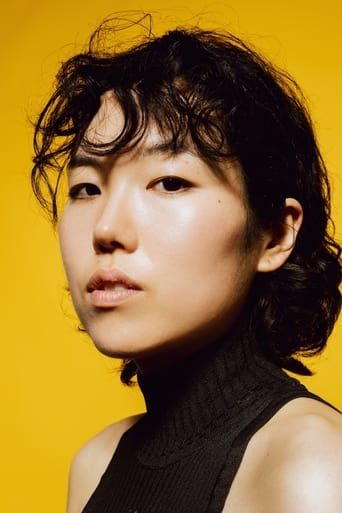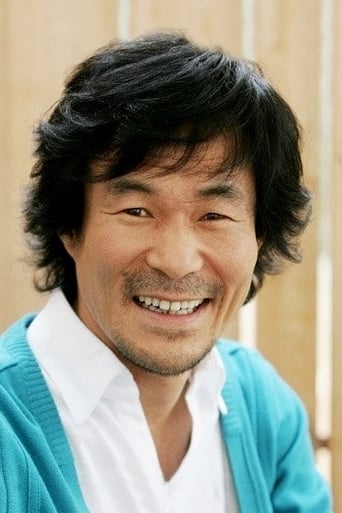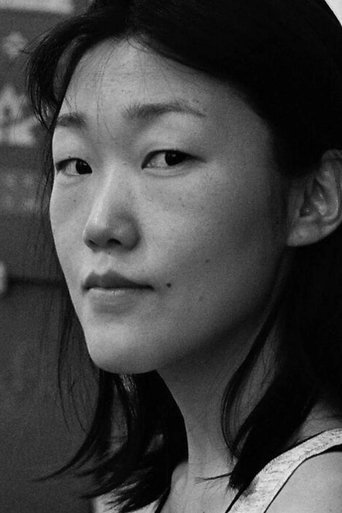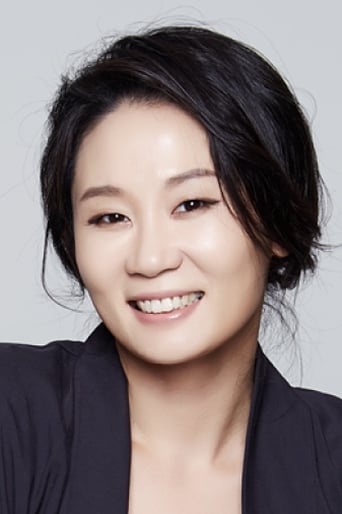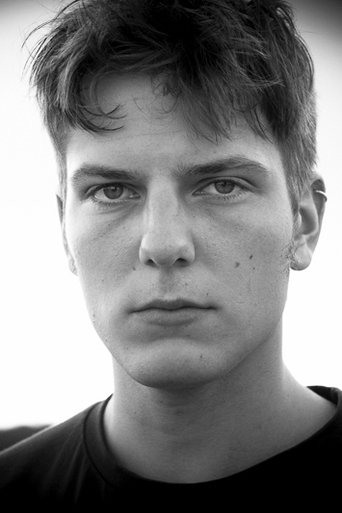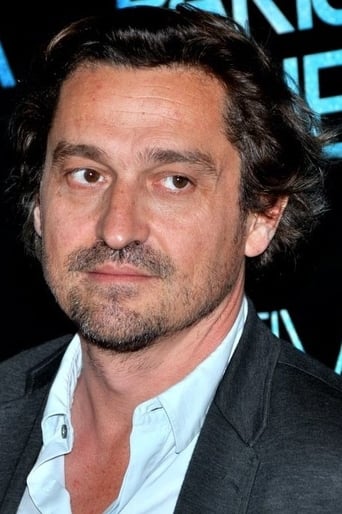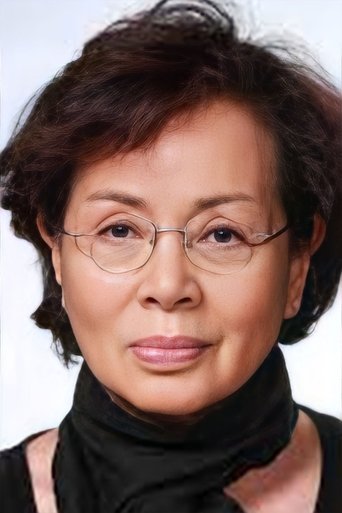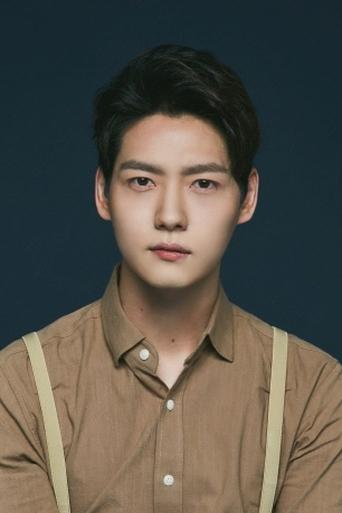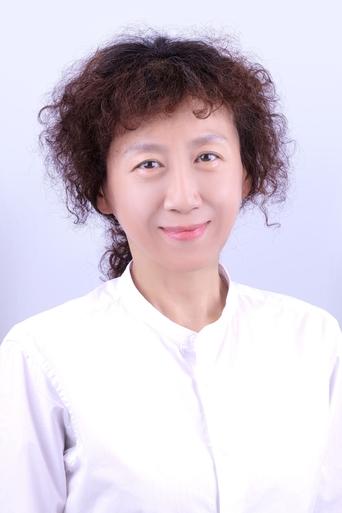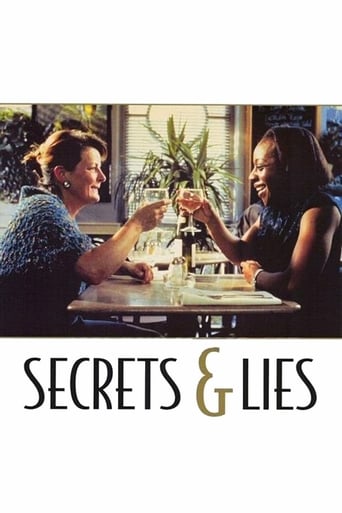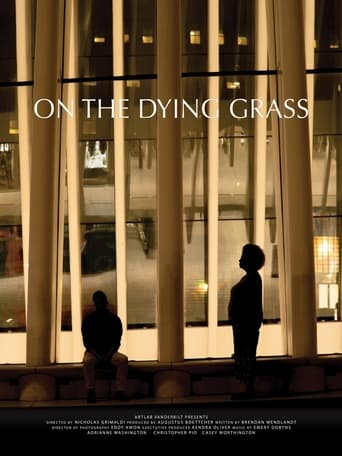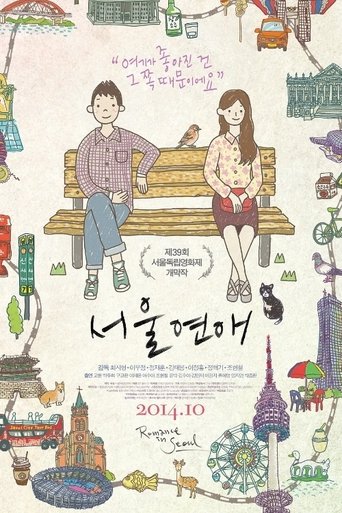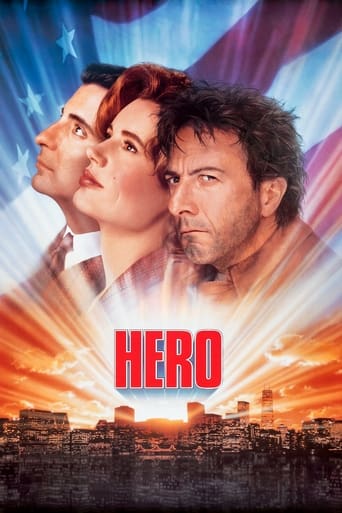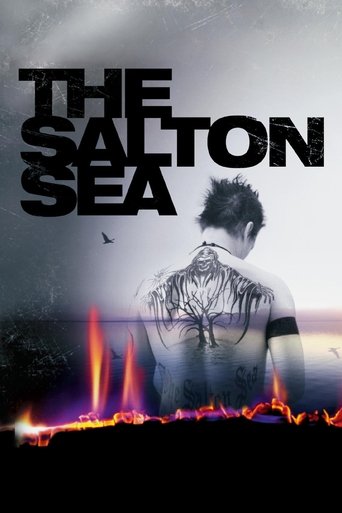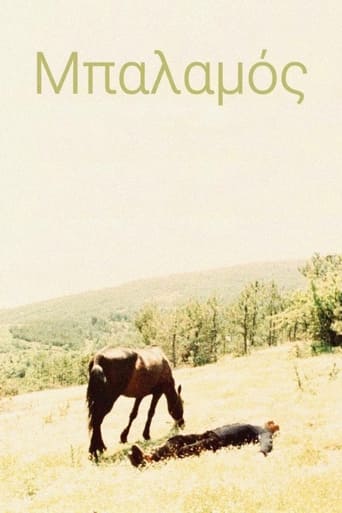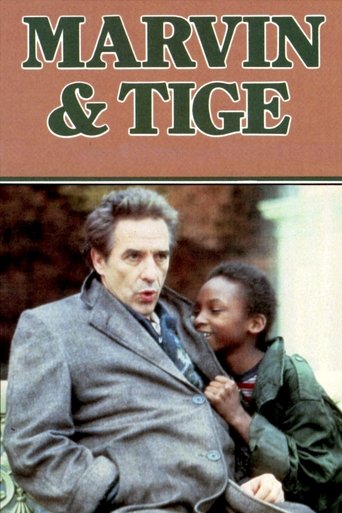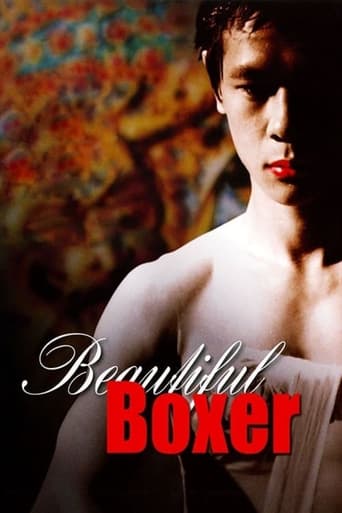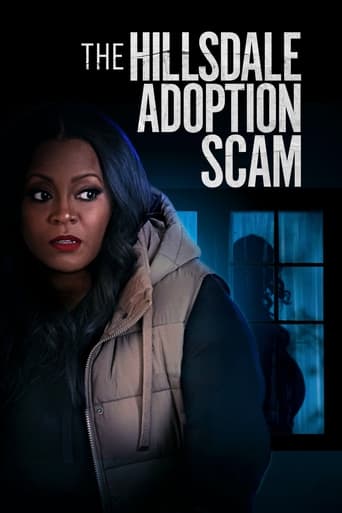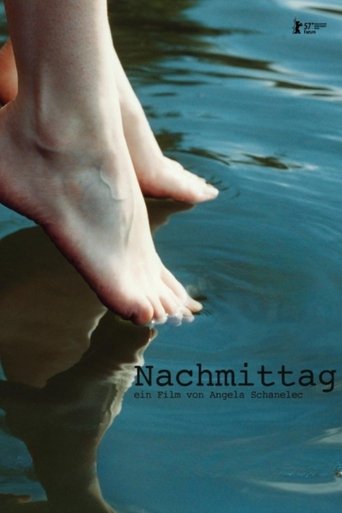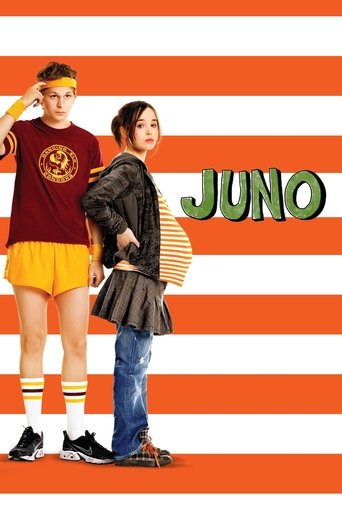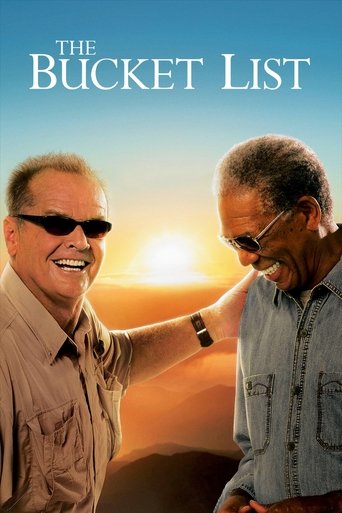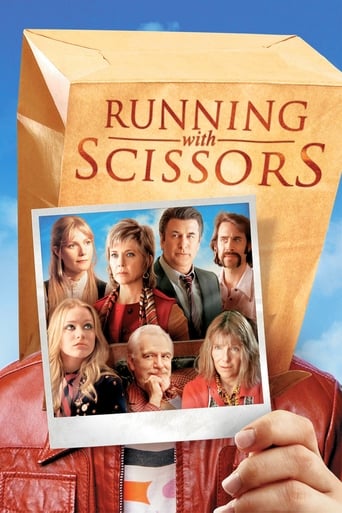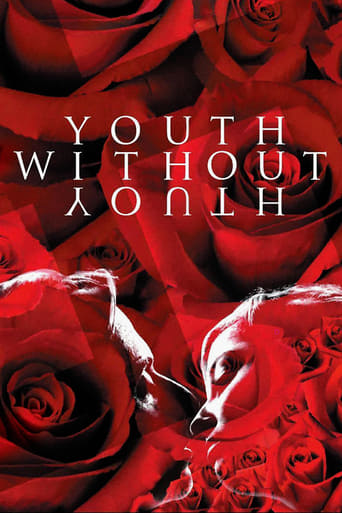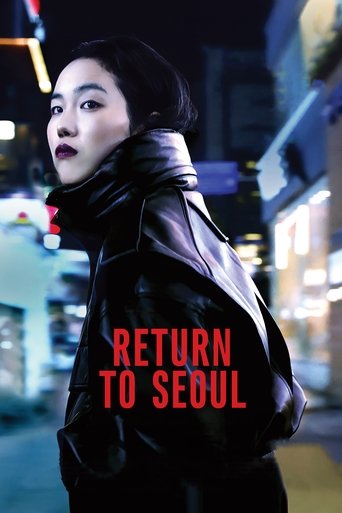
Return to Seoul (2022)
After an impulsive travel decision to visit friends, Freddie, 25, returns to South Korea for the first time, where she was born before being adopted and raised in France. Freddie suddenly finds herself embarking on an unexpected journey in a country she knows so little about, taking her life in new and unexpected directions.
- Davy Chou
- Camille Fleury
- Davy Chou
- Laure Badufle
Rating: 6.2/10 by 349 users
Alternative Title:
No Return - US
Sans retou - FR
Back to Seoul - FR
리턴 투 서울 - KR
Atgriešanās Seulā - LV
Tillbaka till Seoul - SE
回首爾後 - HK
回到首爾 - TW
Kotiinpaluu - FI
คืนรังโซล - TH
Return To Seoul - TH
All the People I'll Never Be - US
Seul'a Dönüş - TR
Retorno a Seul - ES
Retour à Séoul - FR
Country:
Belgium
Cambodia
France
Germany
Romania
South Korea
Language:
English
Español
한국어/조선말
Français
Português
Runtime: 01 hour 59 minutes
Budget: $0
Revenue: $1,594,998
Plot Keyword: identity, adoption, family reunion, journey, french woman, international adoption, seoul, south korea, searching for biological parents, korean culture
I think I may have warmed to this film better had I not taken an instant dislike to "Freddie" (Park Ji-min). Now it's certainly a testament to this actor that she is able to successfully - and pretty immediately - engender a sense that her character is a rather selfish, manipulative and unpleasant individual; but I'm afraid I struggled to remain engaged as her troubled story of adoption and of her re-introduction to her birth family is played out over the next two hours. "Freddie" appears to have been happily brought up by a couple in France, so her increasingly thoughtless behaviour doesn't really have an anchor - and as we progress and she becomes more obnoxious - as exemplified by her final scene in the car with poor old "Maxime" (Yoann Zimmer) - I found the story has just about run out of merit. The acting is generally good. The efforts from her slightly dipso dad (Oh Kwang-rok) is convincing as he has to reconcile the discovery of his long-lost daughter with his dependency on the bottle and her own pretty obvious disdain for the man. It also offers us quite an interesting insight into just how adoptions worked as the decline of the French colonial system in post-war Korea led to many children being offered by parents who hoped that a childhood and education in France would offer greater opportunity, but again with "Freddie" that isn't really developed. What has turned her into this rather objectionable person is rather left aside. It has an element of "be careful what you wish for" to it, and is, at times, an interesting observation on the stresses of the post-adoption processes but I just didn't like or care about her and so my enthusiasm just waned.

